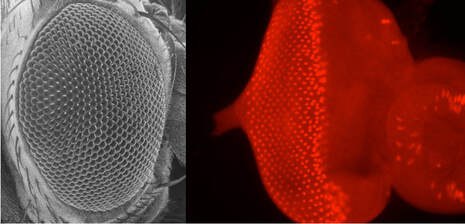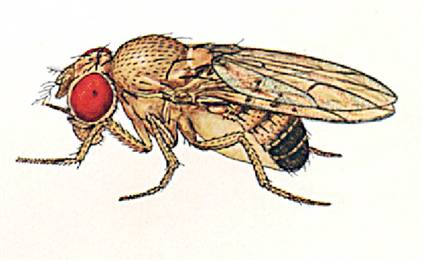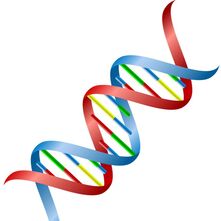Welcome to the Spencer lab
Our lab's research focus is to explore the roles of Epidermal Growth Factor Receptor (EGFR) signaling in regulating cell proliferation and differentiation. EGFR is a cell surface receptor that becomes activated through binding of Epidermal Growth Factor (EGF) and other soluble ligands. This activation causes a variety of downstream effects, including changes in cell identity and increased cell division. Many cancers arise from overactivation or overexpression of the EGFR protein, and many therapies are aimed at reducing its concentration or activity.
Our lab utilizes Drosophila melanogaster (fruit flies) and cultured Drosophila and human cells as model systems to examine the regulation and consequences of EGFR signaling. Drosophila has a single EGFR gene, while humans have four. The relative simplicity of Drosophila and its well studied genetics allow us to use a variety of approaches to our research: biochemistry, genetics, microscopy, cell culture, and molecular biology. Whenever possible, we try to extend our findings to humans using cultured cell lines. Our goal is to contribute to the understanding of EGFR and its many roles in normal development and cancer.
Our lab utilizes Drosophila melanogaster (fruit flies) and cultured Drosophila and human cells as model systems to examine the regulation and consequences of EGFR signaling. Drosophila has a single EGFR gene, while humans have four. The relative simplicity of Drosophila and its well studied genetics allow us to use a variety of approaches to our research: biochemistry, genetics, microscopy, cell culture, and molecular biology. Whenever possible, we try to extend our findings to humans using cultured cell lines. Our goal is to contribute to the understanding of EGFR and its many roles in normal development and cancer.






